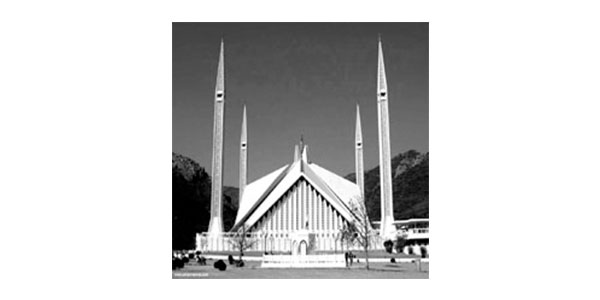How to end poverty and unemployment?
ISLAM is especially distinguished for connecting the worldly matters with the Hereafter, and it confirms that both richness and poverty are test and trial from Allah to His servants, and a person will be rewarded or punished according to his reaction.
When a poor person realises this fact, prescience becomes easier for him and thus he will have a good fate in this life and in the Hereafter.
The reasons and causes of poverty are various: poverty might be a pure test from Allah, and it might be a punishment for some sins and it could result due to unemployment.
It might also be due to a given group of people looting or exerting a monopoly on the money (public treasury) and preventing others from it; there are many other reasons.
Poverty has bad consequences: it could lead to many bad social and moral circumstances like the spread of insecurity, crisis, theft, armed robbery, kidnapping, ethnic crisis, bribery and corruption and so forth.
The poor hating the rich is yet another consequence of poverty. Islam legislates many solutions for poverty, the most important of which is to be steadfast on the Religion of Allah and encourage people to work and abandon unemployment.
Among other solutions for poverty as well, is legislating Zakat and encouraging people to give charity so that the money will not be controlled by a few or the rich.
Public treasury is also another solution which was practised during the brilliant ages of the Muslims, and this has had a good effect on the society at that time.
It is a matter of great concern that poverty is rampant in the world. What is the reason behind that and how to eradicate poverty?
Muslim intelligentsias and economic gurus must think about this issue. As a matter of fact, poverty among societies should have been nonexistent because Islam strongly advocates helping others and encourages philanthropy.
There are five pillars of Islam. Of them, four deal with one’s relationship with Allah. The fifth, which unfortunately Muslims tend to forget, deals with ties between fellow Muslims.
In numerical order, it is third in number. It is Zakat. Although, it is also between Allah and His servants but directly impacts others.
As a matter of fact, Islam has created this institution to fight poverty. After understanding the concept of Zakat a bit, the question arises as to why then poverty is among Muslims.
Poverty can be eradicated from the world if all Muslims start taking the institution of Zakat seriously, which is mandatory.
It would be pertinent to mention here that charity is not obligatory but a form of charity that even poor can give the poorer.
Muslims around the world have simply forgotten the third pillar of Islam. Just as the world is suffering so much today from the consequences of poverty and unemployment it used to suffer a lot in the past and the Prophetic solution came to relieve this problem gradually through the wise rulings of Islam.
The Holy Prophet (SAWW) was a role model and he started out his life as a shepherd, traded before the revelation.
It is narrated that he said: No Prophet was ever sent except that he was a shepherd first. He always regarded work with such respect and appreciation; no matter what this work is, it is always better than begging and asking.
He said: It is better for anyone of you to take a rope and bring a bundle of wood (from the forest) over his back and sell it and Allah will save his face from Hell because of that, rather than to ask the people who may give him or not.
By this, he connected work with the rewards of the hereafter. He also encouraged Muslims to conduct economic projects and especially agricultural projects.
It is narrated that He said: Divide our date-palms between us and our emigrant brothers. The Prophet said, No, The helper said to the emigrants, you may do the labour (in our gardens) and we will share the fruits with you.
The emigrants said, we hear and obey. If rich relative can’t cope up with the needs of their poor relatives then the whole society must intervene in the form of Zakat (charity) which is a prescribed portion of the wealth of the Muslims.
The Holy Prophet gave the Zakat only for the disabled who can’t work or can’t earn a living. He said: Zakat is not lawful for someone who is rich or for someone who has a strong body able to work.
When Zakat can’t handle the problem then the whole treasury house of the government with all its resources has to take care of the problem (whether the poor were Muslims or non-Muslims) and the best example is what the Prophet (SAWW) used to do with the poor people.
If the society has someone poor and unable to work then it is this society’s responsibility to give him charity as the Holy Prophet (SAWW) taught his Companions.
With these high values any society can be sound and healthy without the ailments of insecurity, envy and malice eating its body.
Islam was successful in finding optimum solutions for all these problems and the Holy Prophet made himself an example to follow in every teaching and lesson he taught.
— The writer is contributing columnist, based in Islamabad.










